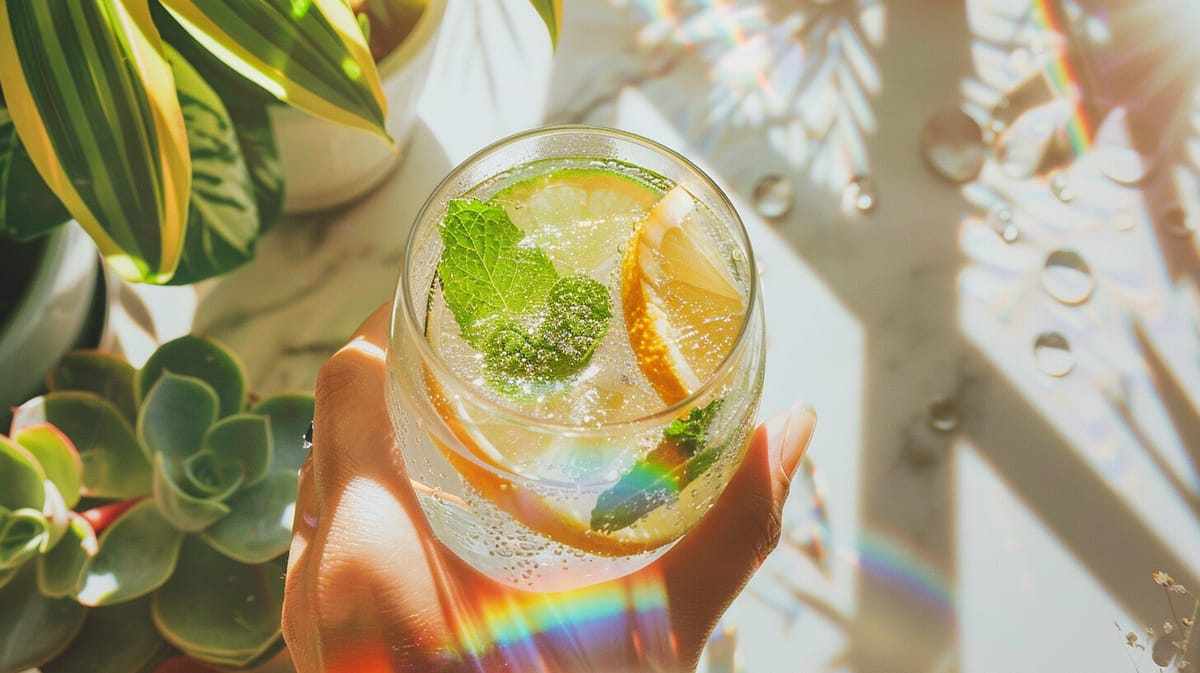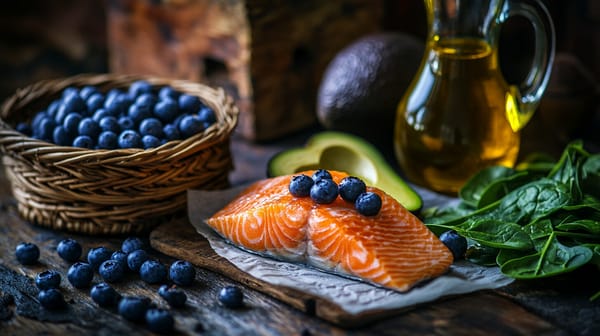Fizzy, Flavored Water: A Healthy Choice for Weight Loss?

The Popularity of Flavored Sparkling Water
In recent years, the beverage aisle at grocery stores has exploded with options for flavored sparkling water. These zero-calorie drinks come in a wide variety of natural fruit flavors and have become extremely popular, especially among people looking to lose weight or maintain a healthy lifestyle.
As registered dietitian Amy Goodson explains, "Dieters are looking for ways to cut calories to promote weight loss. However, many dieters don't want to give up their favorite tastes and flavors, so they look to these artificially sweetened beverages to 'sweeten' their day and feel less deprived." Additionally, some people simply don't enjoy the plain taste (or lack thereof) of regular water.
Natural Flavorings and Artificial Sweeteners
Many calorie-free sparkling waters use "natural flavorings" to add taste without adding sugar or calories. While these flavorings are not artificial sweeteners, it's not always clear exactly what they are made of. Some brands use essential oils and fruit extracts, but the vague "natural flavoring" label makes it difficult to know for sure.
Despite the ambiguity, naturally-flavored sparkling waters are generally considered a better choice than regular soda or even diet soda. "By making this swap, soda drinkers are able to get the satisfaction of a refreshing, bubbly drink, without the unnecessary sugar and calories," notes Tracy Lockwood Beckerman, a registered dietitian.
However, some sparkling waters do contain artificial sweeteners, which are more controversial. While the FDA considers them safe and some research supports their use, many people remain skeptical. Beckerman cautions that for some individuals, consuming drinks with natural or artificial sweeteners could potentially trigger cravings for other sweet foods and drinks.
Carbonation and Weight Gain
One oft-cited benefit of sparkling water for weight loss is that the carbonation may increase feelings of fullness compared to plain water, especially on an empty stomach. "The carbonation takes up more space in the stomach, and is said to increase both gastric activity as well as heart rate, which can contribute to feelings of fullness," Beckerman explains. While unlikely to significantly impact satiety throughout the day, in a pinch it may help prevent unplanned snacking.
On the flip side, one study published in the journal Obesity Research and Clinical Practice found that carbonation might actually lead to weight gain. Participants who drank carbonated water had ghrelin (the "hunger hormone") levels six times higher than those who drank plain water.
However, experts point out that the study had limitations and did not definitively prove causation. "The research did not directly tie sparkling water to weight gain," Beckerman notes. Goodson agrees, emphasizing that many factors can stimulate hunger, such as lack of sleep, stress, and yo-yo dieting - all of which likely have a much bigger impact than carbonated water.
The Bottom Line
Ultimately, whether flavored sparkling water supports your weight loss goals depends on how it fits into your overall eating pattern. "If a bubbly drink helps you drink more fluid and keep your calories low for weight loss, then I believe it can be a part of a healthy eating plan," says Goodson.
That said, it's important to listen to your body. Some people may experience bloating, distension, and gas from drinking carbonated beverages. If that's the case for you, Beckerman recommends opting for unsweetened tea, black coffee, or fruit-infused still water instead. Coconut water and watermelon water can also provide electrolytes without the bubbles, as long as they contain no added sugar.
While the research on flavored sparkling water and weight loss remains inconclusive, these beverages can be a satisfying, low-calorie alternative to sugary drinks for many people. As with most things in nutrition, moderation and individual tolerance are key.




